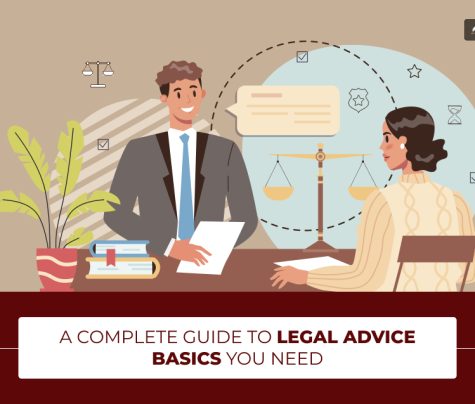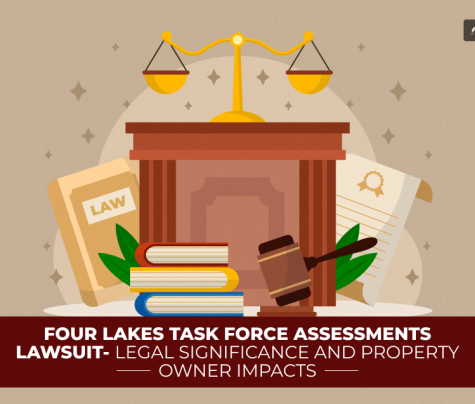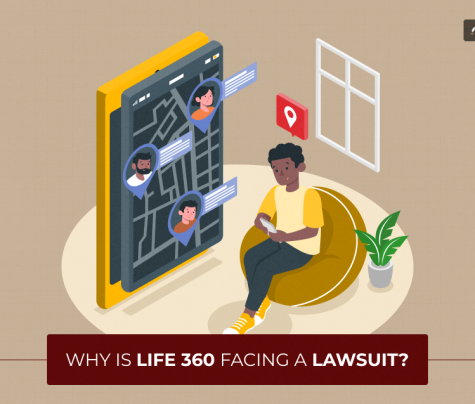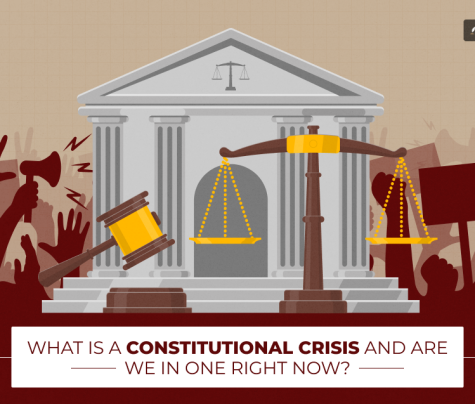
Moving out at 18 is a significant milestone in many young people’s lives. It marks a transition from the familiarity of home to the newfound freedom of independence. But, how to move out at 18 in a way so that you are sorted legally?
While moving out can be exciting, it also comes with its fair share of challenges, especially when navigating the legal aspects.
In this article, I will guide you through the essential legal know-how to ensure a smooth transition as you start this new chapter of your life.
I have covered everything from understanding your rights and responsibilities to navigating lease agreements and rental disputes.
So, whether you’re moving into a shared apartment with friends or renting a place alone, this article will equip you with the knowledge you need to make your move successful.
Moving Out at 18: The Age of Majority and Your Right to Move Out
In the United States, the age of majority, the age at which a person is legally considered an adult, is generally 18.
This means that at 18, you are legally responsible for your actions and decisions, including moving out of your parents’ home.
However, while 18 is the general age of majority, there are some exceptions and variations between states.
For example, in some states, individuals may still be considered minors for certain purposes, such as drinking alcohol or voting, even after turning 18.
State-Specific Laws and Emancipation
Suppose you’re considering moving out at 18 and have concerns about your legal rights. In that case, it’s important to be aware of the specific laws in your state.
For instance, some states have laws that grant minors the right to emancipate themselves, which means they can legally declare their independence from their parents or guardians.
The requirements for emancipation vary from state to state. However, they typically involve demonstrating financial independence, a stable living situation, and the ability to make sound decisions.
If you’re interested in emancipating yourself, you must consult with an attorney to understand the process and requirements in your state.
While the age of majority is generally 18 in the United States, there can be variations between states and specific circumstances.
Additionally, suppose you’re planning to move out at 18. In that case, it’s important to be aware of your state’s laws and consider factors such as emancipation if necessary.
Therefore, you must understand your legal rights and responsibilities to make a more informed decision about your future.
How to Move Out at 18: Understanding the Legal Aspects
Moving out at 18 marks a significant milestone in a young person’s life, signifying a transition from dependence to independence. However, while this newfound freedom can be exhilarating, it also comes with its fair share of responsibilities, particularly in the legal realm.
Furthermore, understanding and addressing these legal aspects can significantly contribute to a smoother and more stress-free adult life.
Understand Your Rights and Responsibilities
Firstly, you must comprehend your legal rights and responsibilities as a young adult before packing. This includes understanding the laws governing:
- Emancipation: If you’re under 18, you might need legal emancipation to gain full independence. The specific requirements vary by state but generally involve demonstrating financial independence and the ability to make sound decisions.
- Contracts: As an adult, you’ll enter various contracts, from lease agreements to utility bills. Understand the terms and conditions of these contracts to avoid legal pitfalls.
- Voting and Registration: Ensure you are registered to vote and understand your voting rights.
- Taxes: As a taxpayer, you must file income tax returns. Familiarize yourself with tax laws and consider seeking professional advice if needed.
Secure a Stable Living Arrangement
Secondly, a stable living arrangement is essential for a smooth transition. Consider these options:
- Renting an Apartment: This is a common choice for young adults. Research different neighbourhoods, consider your budget, and carefully review lease agreements.
- Living with Roommates: Sharing a living space can help reduce costs but requires effective communication and shared responsibilities.
- Purchasing a Home: While less common for 18-year-olds due to financial constraints, buying a home can be a long-term investment.
Manage Your Finances Wisely
Thirdly, financial management is crucial for a successful adult life. Consider these tips:
Create a Budget: Track your income and expenses to ensure you spend within your means.
- Open a Bank Account: A personal bank account will help you manage your finances effectively.
- Establish Credit: A good credit score is essential for future financial goals like loans and credit cards.
- Consider a Credit Card: A credit card can help build your credit history. Use it responsibly and avoid carrying a balance.
Protect Your Personal Information
Fourthly, your personal information is paramount in today’s digital age. Take these precautions:
- Monitor Your Credit Report: Regularly check your credit report for unauthorized activity.
- Use Strong Passwords: Create complex passwords for your online accounts.
- Be Cautious of Phishing Attempts: Be wary of unsolicited emails or calls requesting personal information.
Understand Your Healthcare Options
Healthcare is a vital aspect of adult life. Explore these options:
- Employer-Sponsored Health Insurance: Youryou’reyer may offer health insurance benefits if employed.
- Marketplace Plans: The Affordable Care Act provides health insurance options through marketplaces.
- Medicaid: If you qualify based on income, you may be eligible for Medicaid.
Familiarize Yourself with Local Laws and Regulations
Understanding local laws and regulations is essential for a smooth transition. Research:
- Traffic Laws: Ensure you have a valid driver’s license and understand local traffic rules.
- Zoning Regulations: Be aware of any zoning restrictions in your neighbourhood.
- Noise Ordinances: Adhere to local noise ordinances to avoid conflicts with neighbours.
Build a Support Network
Lastly, having a strong support network can make the transition to adulthood much easier. Connect with:
- Friends and Family: Maintain relationships with loved ones for emotional support.
- Community Groups: Join local clubs or organizations to meet new people and build connections.
- Professional Networks: Network with professionals for career advice and opportunities.
Be a Responsible Adult
Moving out at 18 is a significant step towards independence, but it requires careful planning and understanding of legal aspects. Therefore, following the guidelines outlined in this blog allows you to navigate the transition smoothly and lay a solid foundation for your adult life.
Furthermore, research and understand your state to ensure a stable living arrangement, manage your finances wisely, protect your personal information, and explore your healthcare options. Additionally, building a support network can also make the transition easier.
Moving out at 18 can be a rewarding experience with proper planning and preparation. So, take the necessary steps, embrace the challenges, and enjoy the newfound freedom that comes with adulthood.
More Resource:
- What If You Can’t Afford a Family Lawyer? Explore Options
- All You Need To Know About An In-House Lawyer In The US
- Pathway to Citizenship and Adjustment of Status: Key Insights
- Can Someone Live With You Without Being On The Lease? Things You Should Know











2 Reply
wine is
May 9, 2022 at 5:35 am
Hi there! This post couldn't be written any better! Going through this article reminds me of my previous roommate! He continually kept talking about this. I most certainly will send this article to him. Pretty sure he's going to have a great read. Thank you for sharing!
ReplyLawyersInventory
December 14, 2021 at 7:43 am
Nice
ReplyLawyersInventory
December 14, 2021 at 7:43 am
Thank you
Reply